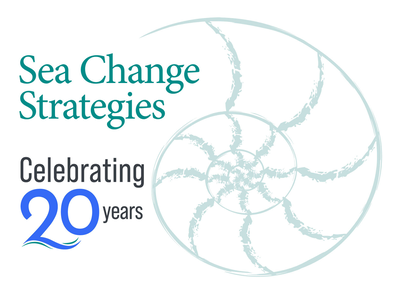They “like” you because they like you
Back when I was the “Internet guy” in a direct mail firm (talk about not fitting in), I learned the perils of attributing causation where cause and effect may not really exist.
For instance, the presence of a telephone number in a donor’s record correlates with a higher lifetime value. What great testimony to the power of telemarketing, you might think. Not so fast. Turns out the presence of a phone number correlates with higher lifetime giving even if the donor has never been called.
In fact, the causation goes the other way – donors provide their phone numbers to charities they already care more about. The higher lifetime value and the phone number are both effects of the donor liking you a whole lot to begin with.
Which brings us to social media.
A study released last year suggested in the commercial sector at least, a Facebook “like” was worth $174 in customer value. That led to a whole cottage industry of self-appointed social media experts selling causes on the idea of “buying” likes. Why, if every like is worth $174, you could even spend $100 for a like and still make out like Walter White peddling his blue meth. Right?
Wrong. As the study authors have clarified, the causation again goes the other way. Customers who like you on Facebook have a pre-existing passion and loyalty to your cause. They are worth more because they are already committed donors. They came onto Facebook because they are already committed donors and want more contact with you. They didn’t become committed donors because something magic happened on your Facebook page.
Three tasks for you:
1) Google “Post hoc ergo propter hoc.” Reflect on how that may influence your reading of metrics.
2) Come up with 5 new ways to deliver delight on your Facebook page. Because the people who hang out on your page wuv you a lot.
3) If someone calls you proposing to sell Facebook likes, hang the hell up.
